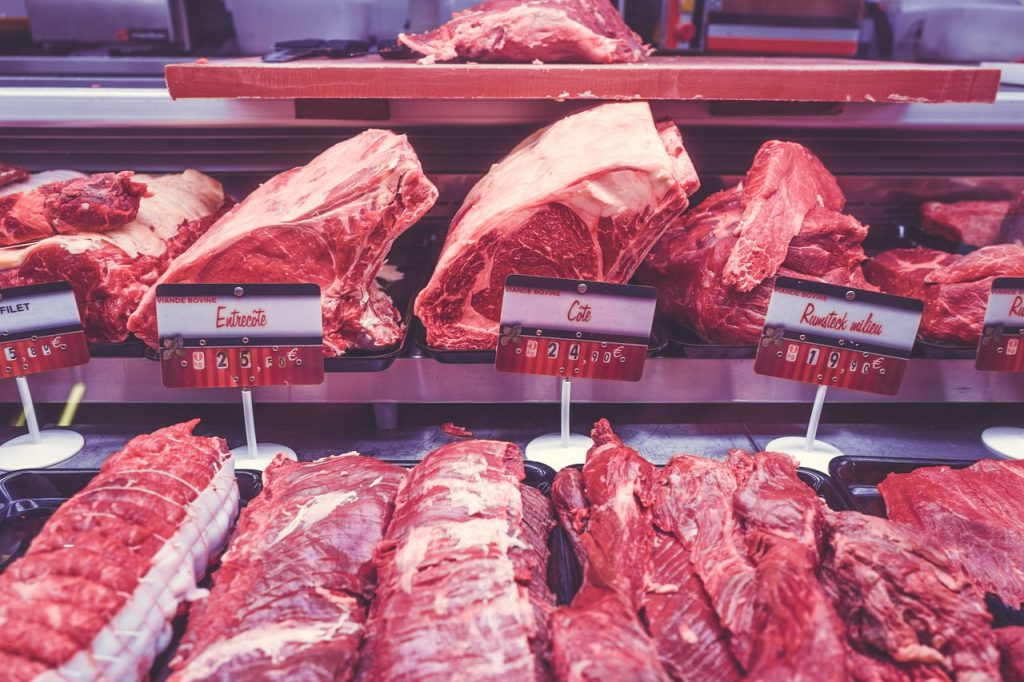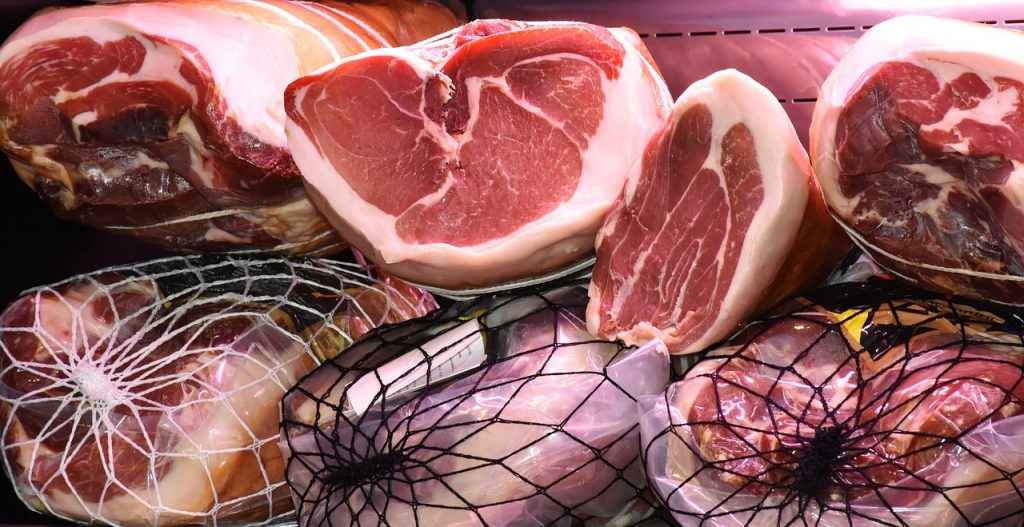Gang Caught Selling Rotting Horse Meat As Beef
Gang members are under arrest for selling rotting horse meat to restaurants.
This article is more than 2 years old

The effects of the supply chain crisis and labor shortages have taken a particularly large toll on the food and beverage industry. In the last few months in just the United States alone numerous recalls have been issued for food products, including for thousands of pounds worth of pork and lamb meat that upon import failed to be properly inspected and were distributed widely across the United States. Food and beverage safety concerns are not limited to the US. CNN reported that public health officials in Brazil announced Friday that they had arrested six gang members who had been operating an illegal abattoir and selling rotting horse meat to local restaurants in the Caxias do Sul region of southern Brazil.
The Public Ministry of Rio Grande do Sul (MPRS) said in a statement that the Agricultural Defense Inspectorate conducted an investigation after being alerted of the gang’s illegal activities. They performed forensic tests on all of the meat suspected to be sold by the gang to the unwitting restaurants. What they found was disturbing. Not only was rotting horse meat detected mixed in with the beef, but also rotting turkey and pork as well as leftover pig food. The gang’s sales were widespread as they had sold meat to approximately 60% of all restaurants in the Caxias do Sul area. Collectively, officials who executed the 2-month-long investigation were able to identify a total of 1,763 pounds of illegal rancid meat.
While alarming, incidents like this, unfortunately, aren’t unheard of and it also isn’t a problem that is isolated to Brazil. CNN pointed out in their report that a similar investigation done across Europe in 2013 revealed unsettling amounts of horse meat inside frozen meat products that at the time were being marketed as 100% beef. Horse meat was also even found to be in frozen food like lasagna that contained a meat sauce. The frozen meat was broadly distributed to a variety of large supermarket chains including well-known Aldi.

Even though this particular incident in Brazil doesn’t hit too close to home, it is something to take heed of, especially since pandemic restrictions are beginning to ease and travel is also starting to pick up again. Additionally, it is also important to realize that even though the world is beginning to regain some sense of normalcy many individuals and businesses, both domestically and worldwide, are still suffering in the aftermath of the pandemic’s ravaging effects. Restaurants and stores desperate for patrons and short on supplies might be more inclined than ever to buy meat and other food items from sources that they haven’t ever purchased from before without doing their due diligence to vet the sources, thus ending up with goods such as rancid horse meat.
Overall, the Brazilian gang’s illegal horse meat operation serves as an eye-opening example for both potential diners or customers as well as stores and restaurants. Given the state of the world in the wake of the pandemic, it is more important than ever for both parties to stay on their toes and stay informed. Perhaps, for the individual consumer, it could also be the perfect time to invest in a meat thermometer in order to ensure that even properly sourced meat is cooked to an adequate temperature so as to remove any possible harmful contagions.





